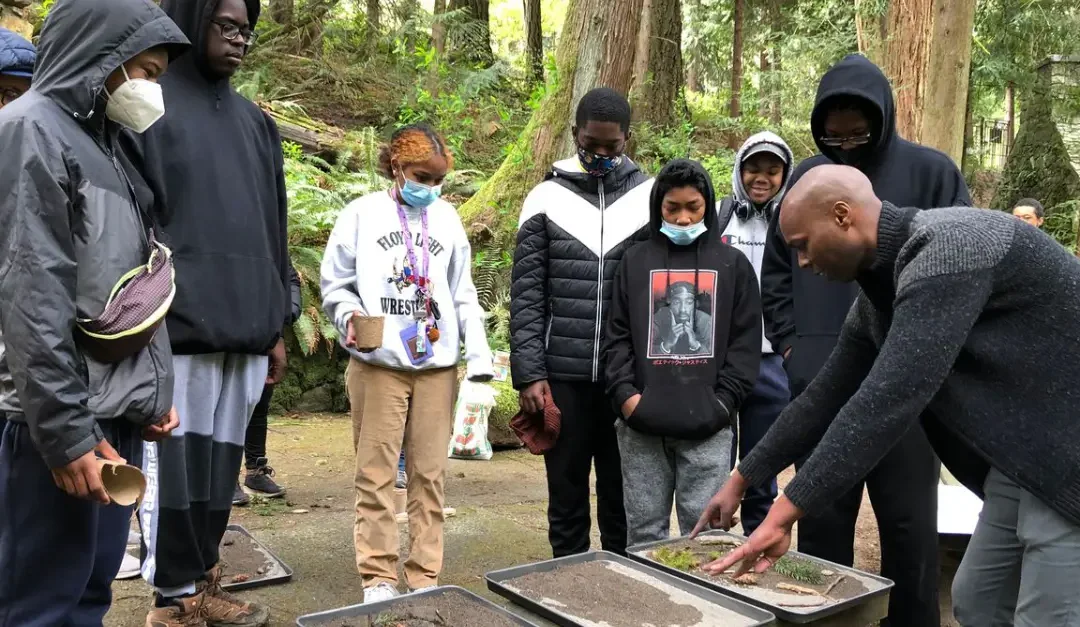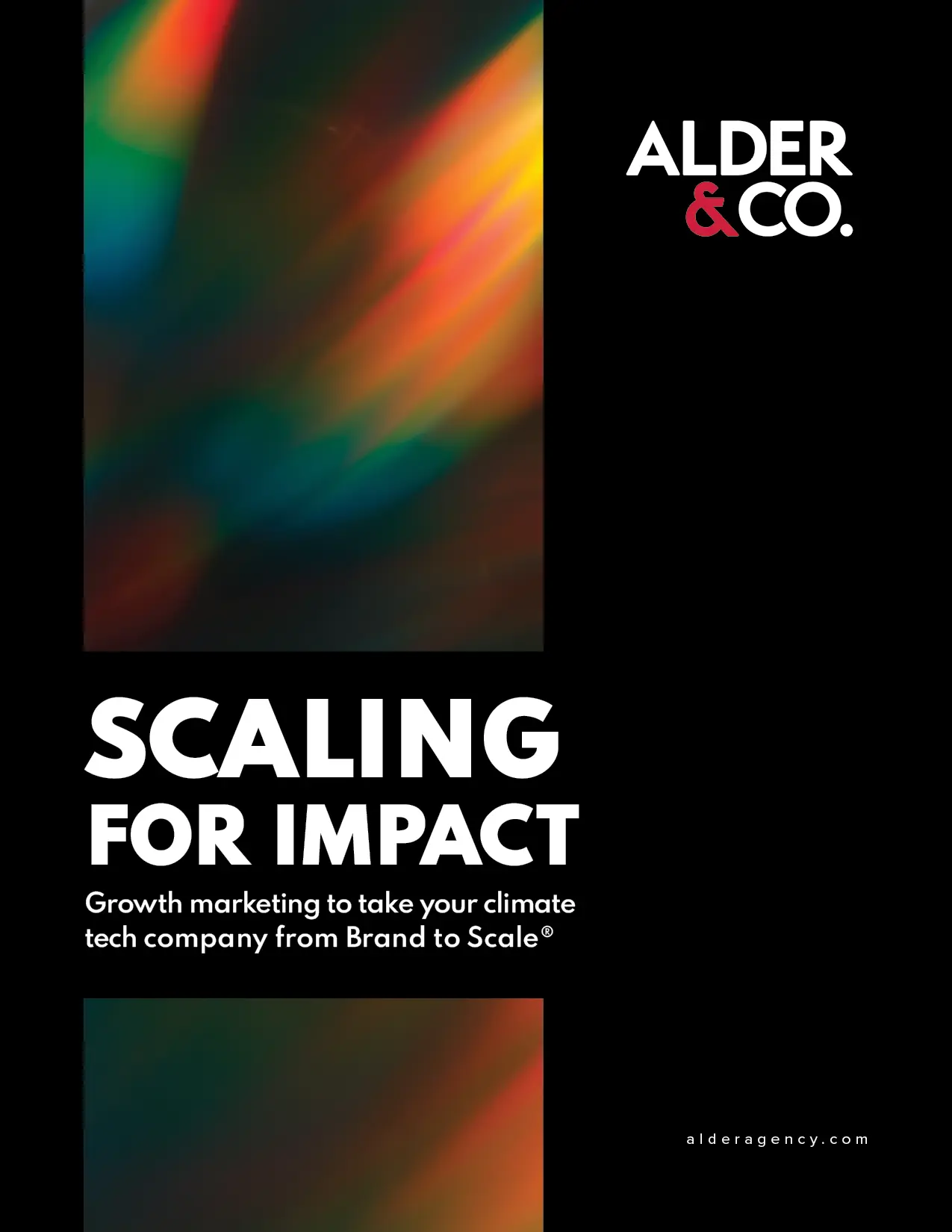
My family worked remotely in Montreal this summer, which opened opportunities for me to explore climate and clean technologies in Canada. I attended StartupFest in Montreal and AESP’s SummerCon in Toronto.
The StartupFest thesis is to bring founders, investors, partners and media together for an event of learning, pitching and fundraising. While not exclusively climate-focused, I attended sessions focused on hard tech, ocean tech and social impact.
There is a proud community in Canada that is organizing for growth while leaning on its natural resources and Indigenous leaders. The ocean tech community is strong, which makes sense when you consider that Canada boasts a coastline five times longer than any other in the world.
Key Insights From Industry Leaders
I reconcile what I heard below, but what stood out the most from both StartupFest and AESP was how they organized Indigenous groups to lead panels. I’m no neophyte to climate conferences, but this very Canadian gesture felt like proof that the US can do better. Ken Paul, principal at Pokiok Associates, said the knowledge system is relational, not transactional; it’s embedded in the values of wanting long-term health of the environment.
Here’s what I took away at these conferences:
Funding Challenges for Hard Tech Startups
Chris Neumann, GP at Panache Ventures, said pre-seed funding is the biggest need for Canadian startups, particularly hard tech or deep tech. The best thing to do as an entrepreneur in these categories is to explain how your venture translates into typical tech. Entrepreneurs need to spend more time upfront to explain what they’re doing.
Susan Schofer, SOSV Partner & HAX Chief Science Officer, told us that a sustainable future means finding new ways of doing things we already know.
Indigenous Perspectives on Environmental Stewardship
Ken Paul explained that there is a disconnect regarding engagement with tribal nations. Canada’s greatest potential is in Indigenous communities, and we need to understand their values. We need to make time to engage with native communities and get to know their capabilities.
Systems Thinking for Climate Impact
Erica Barbosa Vargas gave a thrilling keynote on the importance of systems thinking – that will change the world and environment and bring the climate impact we need. We need methods of measurement that are not linear or rooted in old ways of thinking. Instead, we need to apply systems thinking- consider the full ecosystems that drive impact and measure each aspect of them.
AI and Grid Flexibility
Josh Wong, founder and CEO of ThinkLabs AI, left people speechless after his keynote on the intersection of demand flexibility and the future of grid AI. Josh summarized his thoughts in this LinkedIn post.
Thermal Energy Storage for Demand Management
A panel with Stan Nabozny, director of thermal energy consulting at Michael’s Energy, Bruce Lindsay, thermal energy storage leader at Trane Technologies, and Tom Lovett, senior BD manager at SYSO, explained how a tried and true technology like thermal energy storage is essential for demand flexibility. They pointed to it as a key way for building owners and utilities to reduce costs, cut carbon, and improve grid resiliency.
Resources:
Written by
Melanie Adamson
Melanie spent the last 20 years researching audiences, building multi-channel plans, and developing sound strategies that have earned her the recognition of her colleagues as a marketing expert among business and consumer industries. Through the partnership of executive and creative staff, she leads the Alder creative and strategic teams to produce successful and effective marketing deliverables for clients. When Mel isn’t running Alder, she loves cooking for family and friends, and sharing stories with a glass of French or Spanish red wine.



